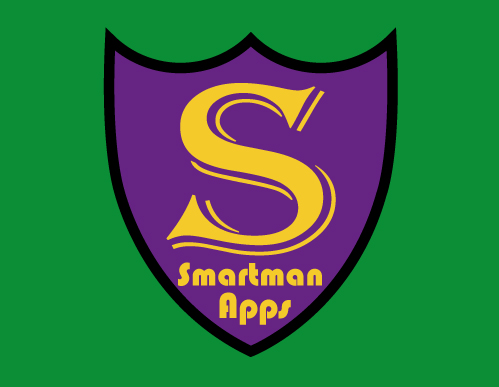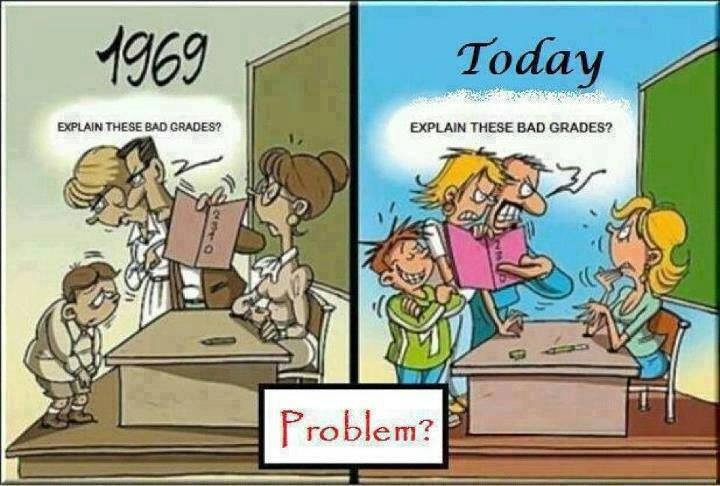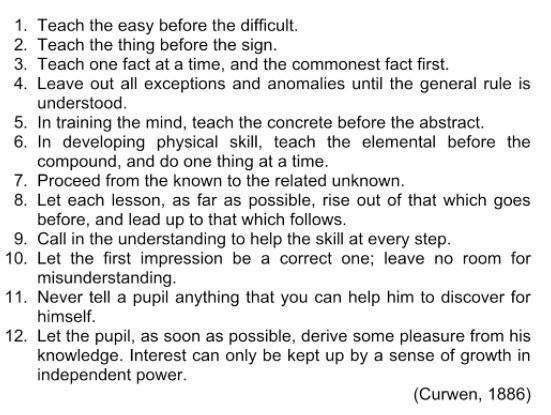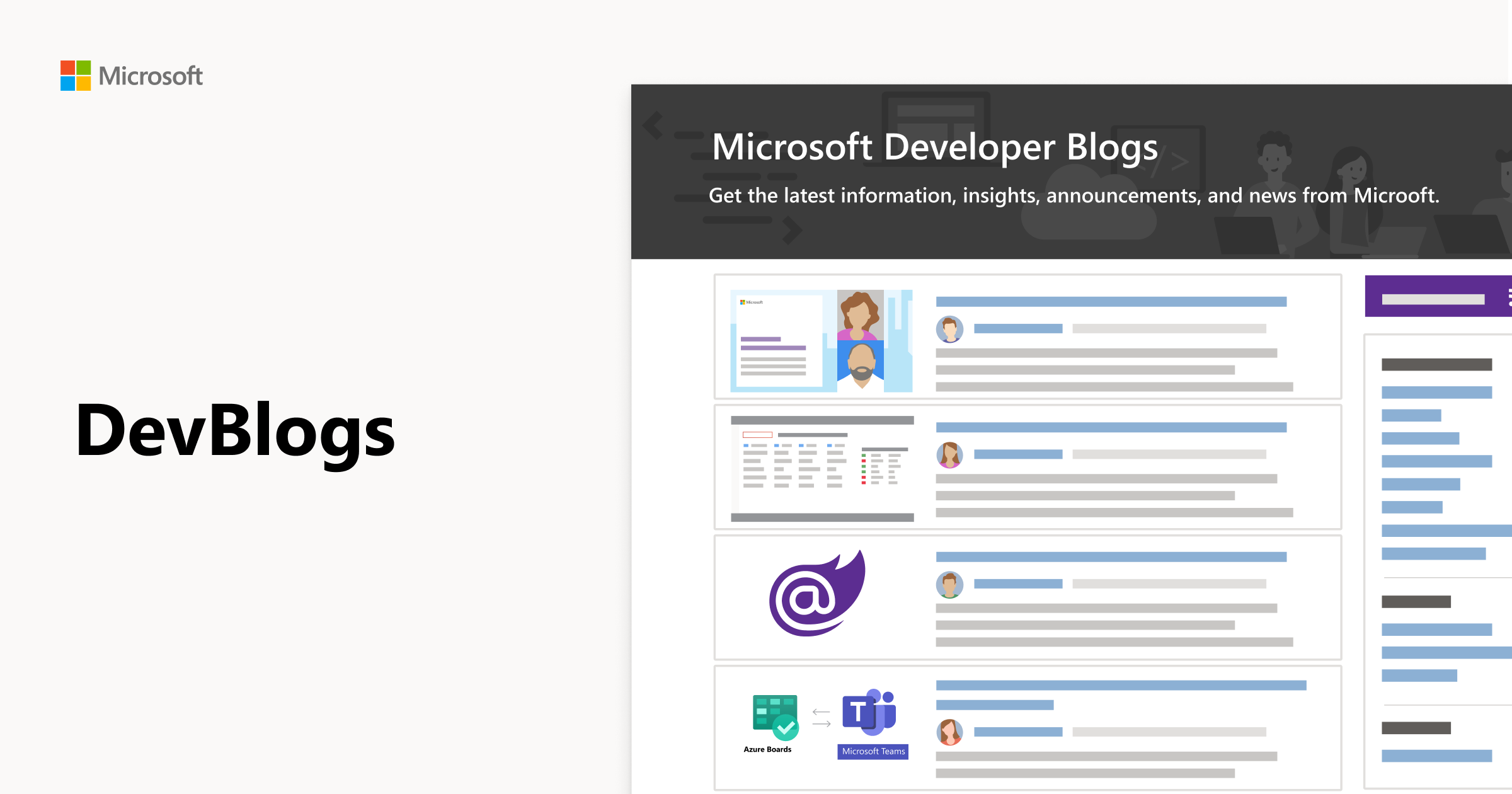💡𝚂𝗆𝖺𝗋𝗍𝗆𝖺𝗇 𝙰𝗉𝗉𝗌📱
- 11 Posts
- 520 Comments

 2·4 months ago
2·4 months agoMy high school taught Java, but I didn’t get OOP
Yes, the correct sequence of events - one thing at a time, basic programming, then OOP. :-)
Python is not that.
It’s not a lot of things, which makes it poor for a teaching language.

 2·4 months ago
2·4 months agoLots of us
Also, who do you mean by “us”? Programmers? Not all the kids in class want to be programmers, and this isn’t a programming class - it’s Computer Science. We cover topics like hardware, the Internet, Cybersecurity, the history of computers, data analytics, etc. Not only do not all of them want to be programmers, not even all of them want to be in I.T. - they’re just, you know, interested in computers (or in some cases they’re in the course because their parents think they should be in it - I’ve had a couple of those students). We only spend 6 weeks on programming (we spend 6 weeks on each topic), or sometimes we might do it twice and spend 12 weeks on it, and that’s it for the year! You can’t teach Year 7 kids algorithms, pseudo code, basic programming concepts (variables, branches, and loops) and OOP as well in one year. Especially when not even all of them are interested in programming. It’s just one topic we cover. OOP is something that shouldn’t be covered until at least Year 8, preferably Year 9 (by which stage students have decided if they want to continue on this path or not, and the ones we still have left we start getting more hard-core… which is where the “us” I presume you’re referring to come in).

 3·4 months ago
3·4 months agohave the experience of being the kid in that situation
Which kid? The gifted one, the one who didn’t understand loops and used 20 variables for 20 iterations, the one who didn’t understand how to write pseudo code, the one who was dyslexic,…?

 1·4 months ago
1·4 months agoOh, I should clarify that. Teaching Python was decided for us by admins. The course material MAY have been designed by a teacher, but then also it may have been designed for Year 9 say. It’s inappropriate to be teaching it to Year 7 as a first proper programming language, but that’s what we had to do (otherwise then we would also have to make all our own resources to do it, and don’t forget at this point that I didn’t know how to program in Python myself yet! So yes, I had to use the already made resources, which had OOP in it).

 1·4 months ago
1·4 months agoYes, that’s exactly what I’m saying. The decision was made for us by school admins, NOT CS teachers. That’s why it was the stupid reason I had to learn Python.

 1·4 months ago
1·4 months agoP.S.
teach them c# and I guarantee they will be making executables to cause trouble
No, you’re overestimating the students ability. I taught C# in coding club (they were mostly around Year 8), and it was a struggle just getting them to understand basic programming concepts (imagine having to explain MVVM to them - they’re not good at understanding abstraction) - they wouldn’t have had a clue how to turn it into a malicious exe.

 1·4 months ago
1·4 months agoIs the fact that C# produced executables also a problem?
Trust me, the conversation never even gets that far.
just not installing the python runtime on them
We weren’t! We were using repl.it (or something very similar). I don’t know what the story was at other schools, other than many other teachers also wanted C# but had to do Python (it was when I came across this that I finally accepted defeat in trying to get another language in instead of Python. I wanted to start with Pascal and then do C#. In the end I had to do HTML and Python. i.e. the status quo).
Generally agree with you that teachers should be able to choose at least one of the languages to teach.
We’re supposed to be able to choose both languages, but school admins are taking away one of our choices.
if it includes JavaScript?
I wouldn’t do that at the same time as HTML - maybe later, separately. As I’ve said, as teachers we only teach one concept at a time.

 1·4 months ago
1·4 months agoI think they introduced the programming GCSE the year after I did my A-Levels
I was teaching the IGCSE, to students all over the globe.
you can JUST learn the programming bit
But NONE of the resources which have been provided to schools do it that way - they ALL use OOP. If that’s what your faculty has chosen to use, then that’s what you have to use. It comes back to what I’ve been saying all along - the schools are dictating to the teachers what they are to teach, and it’s NOT based on what’s best for the students educationally, but what has the least admin overhead for them. That’s the stupid reason that I had to learn Python - admin concerns!

 0·4 months ago
0·4 months agoP.S. the students aren’t going to have any tests where it matters until Year 10, and the curriculum even says that at least 2 languages must be taught (in my case we chose HTML as the second language, because…), and so even though many teachers would like to teach their students C#, the schools simply aren’t LETTING them do that. They don’t want the admin overhead that comes with teaching C#, so it’s Python and… nope, it’s just Python (and so then you have teachers opting for a second language like HTML, cos they can’t get their school/faculty to buy-in on teaching C#, simply because they don’t want the admin that comes with it. The fact that it’s a better language to learn isn’t even considered).

 2·4 months ago
2·4 months agoI learnt to program in python (in year 12)
Yes, it’s fine for Year 12 - you’ve already learnt all that stuff by then - it’s NOT fine for Year 7 as a first proper programming language, when they haven’t learnt ANY of that stuff yet.

 3·4 months ago
3·4 months agoThanks. It’s a very 21st Century phenomenon that I’ve run into many times


 1·4 months ago
1·4 months agoNo problem. Feel free to ask me questions.

 2·4 months ago
2·4 months agothat’s not a problem unique to python
No, but it’s a bigger problem for C# than is is for Python (though this is changing now), so all the U.K.-based schools were teaching Python, rather than the more-appropriate C#. That was my original point - that’s the dumb reason I had to learn Python, school admin’s wanted the lower overhead of the worse language.

 61·4 months ago
61·4 months ago…and riding a bike is easy. Now go watch some kids who have never ridden a bike before and see how that’s working out for them.

 2·4 months ago
2·4 months agoThanks. From memory we were using repl.it, or something very similar. This made it easy for me to look at their code when they had problems (and even then, as I said to someone else, it was quite a while before I realised one of them simply had the wrong indentation on one line - I kept looking at the code and thinking I couldn’t see anything wrong with it, then eventually I realised there was a wrong indentation. If it took me that long to realise, then of course that’s something students are going to struggle with).

 4·4 months ago
4·4 months agoMost editors
Same thing still applies - you need to get it past the school admin gatekeeper.

 2·4 months ago
2·4 months agoOh definitely! Different students have different learning styles - some learn by memorising rules (ROTE), some learn by understanding the rules (Constructivist), some are visual learners, some are better at learning in group activities, etc. - and we have to cater to them ALL, to keep them all engaged (here’s WHY we have this rule, here’s a video about it, here’s a group activity about it, here’s a worksheet to practise it). But I was referring to the TOOLS that we use with class. We can’t use a tool that the advanced students have no trouble with but the less adept students struggle with - we have to use a tool that the whole class can use, and that’s what I meant about catering to the lowest common denominator.
Also some (not all) schools have special classes for gifted and talented (G&T) students. And in fact one class I’ve had in my time is a class which was comprised of half the students had various learning difficulties (such as being dyslexic), though they weren’t told that (these days it’s all about trying to keep them in the mainstream as much as possible. So in this class the dyslexic student had a regular student sitting next to him for immediate help with reading anything, which left me free to only need to help him with actual educational issues).

 5·4 months ago
5·4 months agoPython does have OOP but you are not at all forced to use it.
Not as an individual, but I’m talking about a situation precisely where the individual choices of teachers are ignored, in some cases by school admins, in some cases by faculty choices. Fortunately I also ran a computing club, in which I was autonomous with how I ran it, and I taught my computing club students C#/MAUI… but even then still saw some of the issues you run into with teaching students. e.g. I told them to install Visual Studio ready for next week, showed them where it was, what workloads to install, and then the next week one of the students had installed Blend for Visual Studio, not Visual Studio. “Look, it has Visual Studio in the name!”. (sigh)
I think weakly typed variables will actually help beginners as it is less to think about to start off with
No, that’s exactly the problem to start with. Another rule of teaching (see below for the full list I’m quoting these from) is “never let the first impression be a wrong one”. If you let students think they can use variables for anything, then you run into problems when they can’t. This is why teaching them with strong types first is better - they learn you need to be careful with how to use them, THEN maybe you can let them have some more freedom like Python allows.
In other languages it is considered good style to use indentation anyway
Yes, but in those languages it’s optional. In Python it’s mandatory, and if someone’s code isn’t working it’s far easier to spot a missing bracket than a missing space.


 1·4 months ago
1·4 months agoThat’s silly
Agreed.
This was at a university
As I said elsewhere, I had a much more sensible approach when I went to Uni - we learnt Pascal in first year, and then did OOP in second year, which follows the tradition of only teaching one concept at a time.







Ah ok. I saw there was issues with federation and communities getting blocked, didn’t think either of those would be it. Thanks for letting me know!